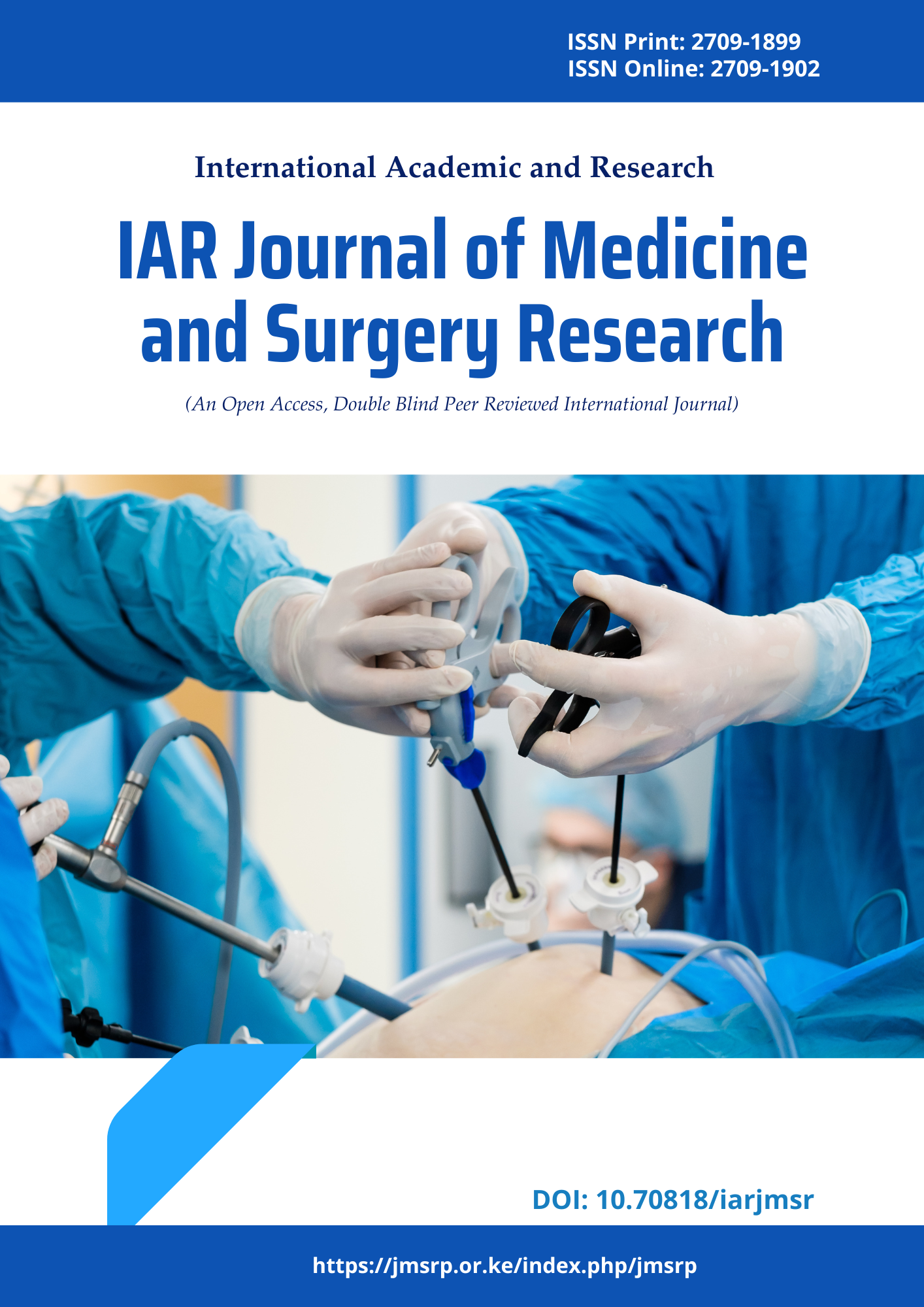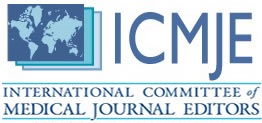Prevalence of Hypothyroidism in Singleton Pregnant Womena andPerinatal Outcome Using TSH Levels as a Screening Tool
DOI:
https://doi.org/10.47310/iarjmsr.2022.V03i04.03Keywords:
Acute Pancreatitis Modified CTSI, RANSON, APACHE II, BISAP.Abstract
Background: Thyroid dysfunction comes from poor adjustment to changes in the mother's thyroid function during pregnancy. Higher thyroid hormone-binding globulin (TBG) concentration, increased iodine clearance in the kidneys, and the thyrotrophic impact of human chorionic gonadotropin are some of the causes of these changes in thyroid function (HCG). Objectives: 1. To study the prevalence of hypothyroidism in pregnant women using TSH levels as a screening tool. 2. To evaluate the Perinatal outcome in detected hypothyroid cases. Material & Methods: Prospective hospital based cross – sectional study. Study conducted in the Department of Obstetrics and Gynecology, Gayatri Vidya Parishad Institute of Healthcare & Medical Technology, Vishakhapatnam, Andhra Pradesh over a period of 1 year. Pregnant women attending to the Department of Obstetrics and Gynaecology for the routine check-ups. Simple Random sampling method. This study involves screening 200 consenting eligible women. The normal patients served as controls. The patients were classified as euthyroid, hypothyroid and hyperthyroid based on their TSH levels. Those with deranged TSH levels will undergo free T4 testing and they will be further divided into subclinical and overt hypothyroid patients these patients will be formed into study groups. Results: In this study, out of all hypothyroid women 37.5% had complications and 62.5% had no complications. 5.6% of the adequately treated hypothyroid women and 78.6% of the inadequately treated hypothyroid women had complications. There was a statistically significant difference in the pregnancy outcome amongst hypothyroid women based on the adequacy of treatment. The occurrence of complications was high in inadequately treated women. (Chi square value= 17.35, p value = <0.0001) Conclusion: In my study, the prevalence of hypothyroidism was found to be 16% and majority of complications were found to occur in patients who were treated inadequately. Thus, universal thyroid screening in pregnancy meets the majority of the criteria for a beneficial and cost-effective screening programme, and it holds promise for improving foetal and maternal outcomes.
















